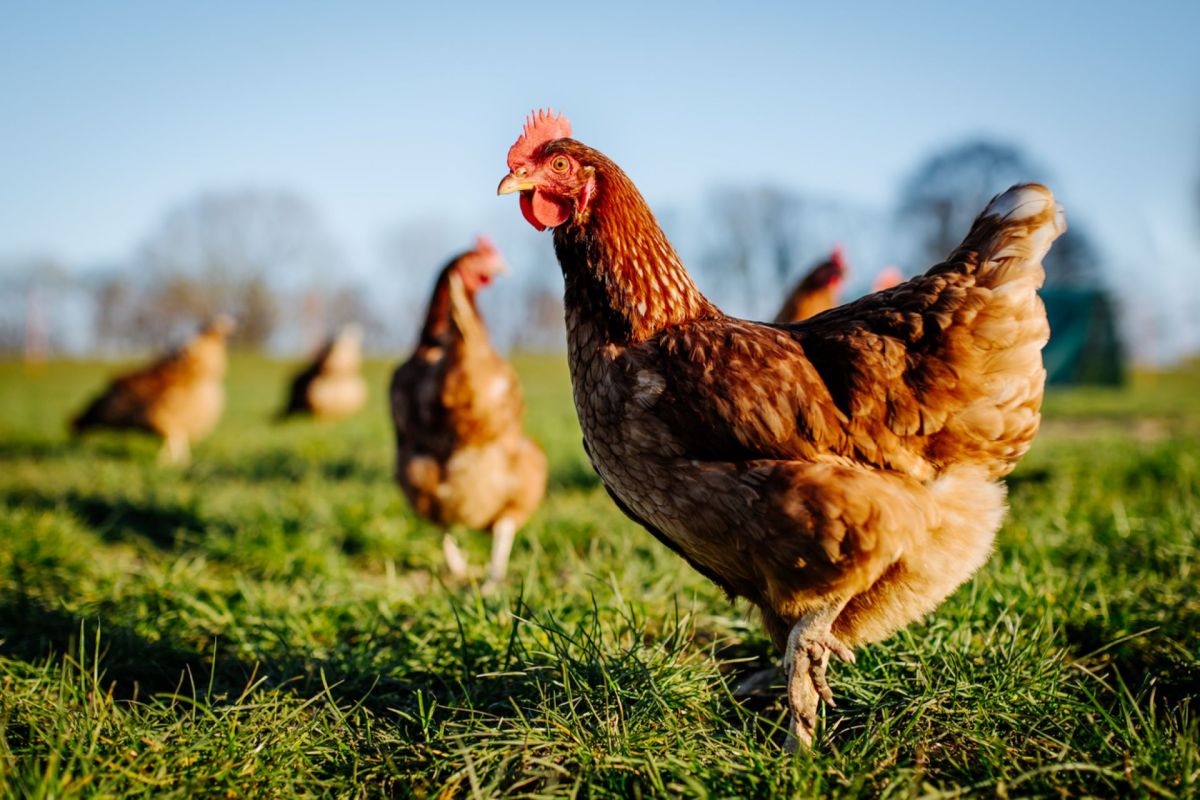A BBC-produced video that shows how one Kenyan farmer powers his farm using chicken poop was recently posted to Reddit, delighting and confusing many Redditors in the process.
In the video at BBC.com, farmer Anthony Muigai walks us through how he collects the poop from his chickens every morning and turns it into a usable energy source called biogas, which he then uses to heat his water, power his stove, and fuel his car.
Although biogas is not Muigai's invention (as a large number of Redditors helpfully pointed out), it's a clever way to save money and create energy out of something that would otherwise have simply been a waste product to be disposed of.
"This is freaking amazing. Good for him," wrote one commenter.
"This is super cool," wrote another.
Another person summed it up by writing, "This man is a genius."
However, while the idea of turning dung into fuel may seem like a win-win on the surface, the larger-scale applications of this idea come with several complications and downsides and are quite controversial.
For one thing, the gas that is created by the process, while branded as biogas, is mainly methane — one of the most potent heat-trapping gases that exists. (Methane has also been branded as natural gas by energy companies.)
Methane's effect on the overheating of our planet is 80 times stronger than carbon dioxide over the first 20 years after it reaches the atmosphere, and the gas is responsible for around a quarter of all planetary overheating.
That means that efforts to scale up operations that turn manure into biogas have been met with opposition from environmental advocacy groups.
There is also the issue that, in the United States, companies that want to build biogas manufacturing facilities have sought to put them in places where the harmful air pollutants they release would disproportionately affect communities of color, in several clear examples of environmental racism.
So, while turning chicken poop into biogas may be a viable money-saving option for some, depending on how remote their farms are, the industrial use of this process is something to be skeptical about — there are far more environmentally friendly options that exist.
Join our free newsletter for cool news and actionable info that makes it easy to help yourself while helping the planet.









